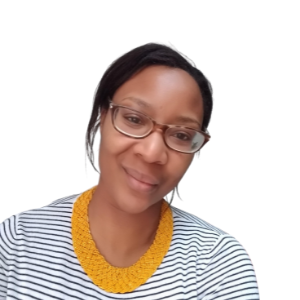This episode explores educational leadership from the perspective of educational support. As they say, ‘it takes a village to raise a child’. The educational system is an example of this. There are often many agencies working together to ensure the education, safety and welfare of a child or young person is secure and in place. This is our modern-day village, putting the child at the centre.
Laverne Noel is passionate about her work with young people. She strives to ensure children have access to education despite any potential barriers. Her approach to leadership is a human one, listen, reflect and motivate.
VIEW TRANSCRIPTLeadership isn’t necessarily going to come easily. So for me the critical thing is, has always been about being able to reflect and also being able to listen and hear what people are saying and take on board what they’re saying, with an open mind.

Laverne Noel
Alternative Provision Manager
Laverne is an Alternative Provision Manager commissioning education for children who, because of Illness, exclusion or other circumstances, cannot access mainstream school settings, she’s currently working in an inner London borough.
Training initially as an Arts manager, she transitioned her work towards supporting young people. She undertook a post graduate diploma in Youth and Community work as well as level 6 Careers Advice. She has supported young people as a Project Manager at the Princess Trust, then undertook a position as a Connexions Personal Advisor moving into management within the service.
Recently she took an interim role as Virtual School Head for looked after children. Her passion lies in educational support, helping and supporting transitions.
As well as her current role she volunteers as a Christians Against Poverty job club coach.
Highlights:
- 04:30 – Alternative Provision v Virtual School
- 19:15 – Leadership, vision and reflection
- 22:15 – Listening and motivating people
Resources:
Twitter: Alternative Provision hashtag #ThisisAP
Book: Luck is No Accident: Making the Most of Happenstance in Your Life and Career by John D. Krumbotlz PhD and Al Levin EdD
Have you left a review for Voicing Education – The Podcast?
Each and every review really does make a difference. If you are enjoying the episodes, I’d just like to ask for you to share your appreciation.
Please leave a review:
- Head to voicingeducation-thepodcast/apple or search Voicing Education – The Podcast in Apple Podcasts. (This is easier to do on your phone.)
- Scroll down and click the 5-star rating.
- To show extra appreciation and support – please add a quick sentence (or two) to share what you enjoy about the show.

